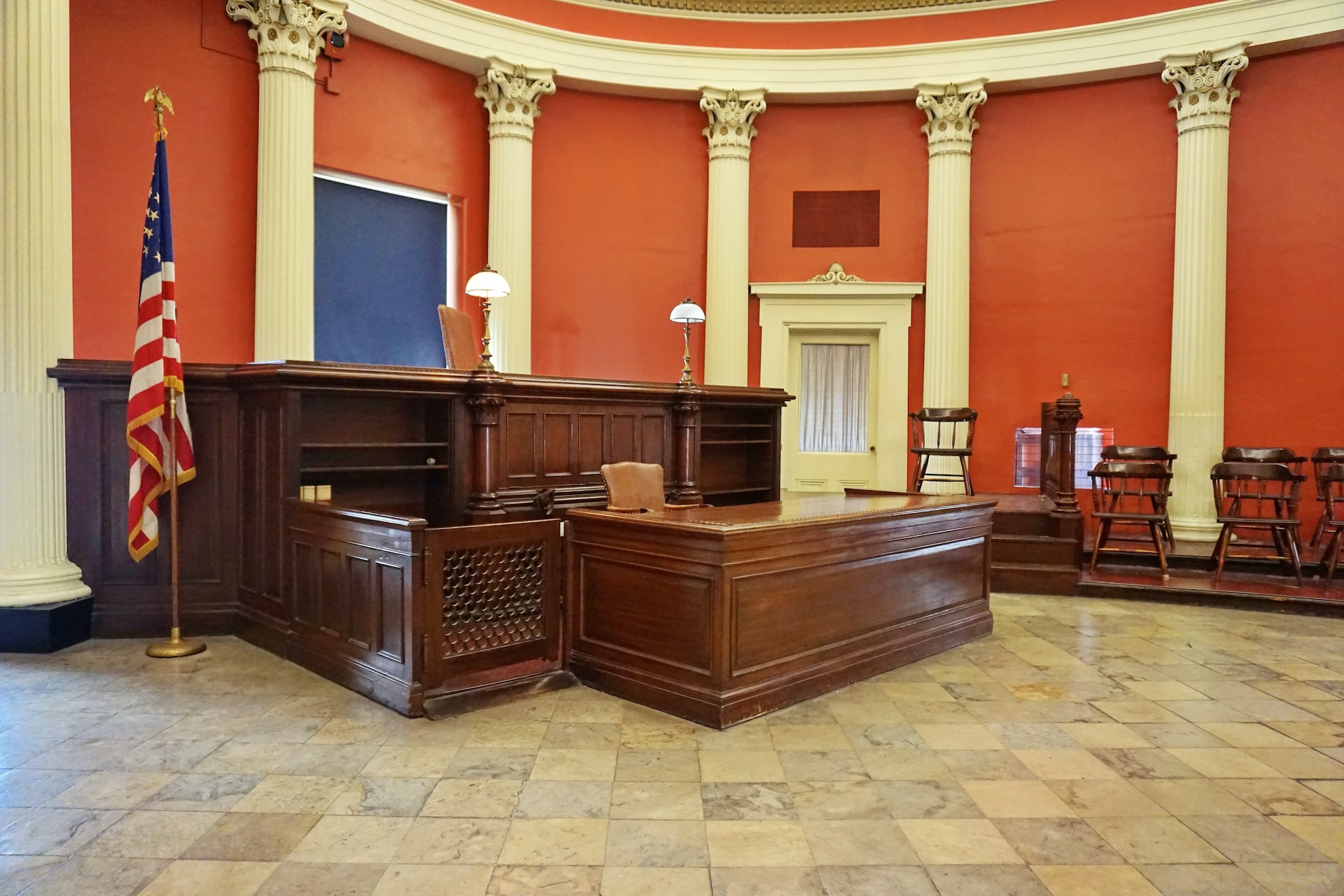Contents of this Post
ToggleThe courtroom can often resemble a theater, with its cast of characters and the drama that unfolds. One of the most anticipated acts in this theater, especially in a criminal trial, is the cross-examination. This process serves as a pivotal point where defense attorneys, such as the seasoned professionals at Kahlon Law, have the opportunity to test the credibility of witnesses and challenge the evidence presented by the prosecution.

Understanding Cross-Examination
At its core, cross-examination is the interrogation of a witness by the opposing side. In a criminal trial, after the prosecution presents its witnesses in the direct examination phase, the defense gets its turn to cross-examine these individuals. The primary objective here is to scrutinize the testimony given, highlight inconsistencies, and sometimes, reveal biases or motives that might affect the witness’s credibility.
The Strategy Behind Effective Cross-Examination
Law firms understand the nuances and intricacies involved in cross-examining a witness. It’s not just about asking questions; it’s about asking the right questions in the right manner. Here’s how it’s masterfully executed:
- Preparation: Before the actual cross-examination, attorneys spend hours reviewing statements, evidence, and previous testimonies. They craft a roadmap of questions tailored to extract specific responses or highlight contradictions.
- Control: Cross-examination is as much about psychology as it is about law. Lawyers must maintain control of the narrative, often by asking closed-ended questions, which require only a “yes” or “no” answer, leaving little room for elaboration.
- Simplicity: The best cross-examinations are straightforward. They aren’t convoluted or verbose. They get to the point, making it clear for the judge and jury.
- Body Language and Tone: An attorney’s demeanor plays a role. Observing the witness’s body language can provide insights, and adjusting one’s tone can elicit the desired response.
Challenges and Considerations
Cross-examination can be a double-edged sword. While it provides an opportunity for defense teams to challenge the prosecution’s evidence, an ill-prepared cross can backfire, strengthening the witness’s testimony. Hence, it’s crucial to approach this phase strategically.
Moreover, ethics play a paramount role. Attorneys must steer clear of badgering or intimidating witnesses. The objective is to seek the truth, not to win at any cost.
Conclusion
Cross-examination remains one of the most vital components of a criminal trial. It’s an art that requires a mix of preparation, strategy, psychology, and ethics. Law Firms understand the weight of this responsibility, ensuring that the scales of justice are balanced, and the truth prevails.
